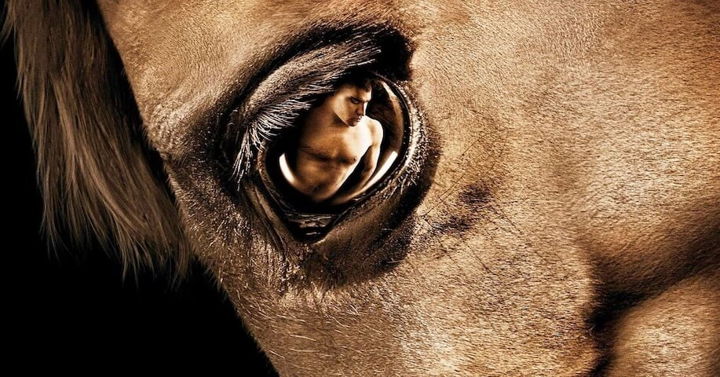ZOO (2007) w/Q+A

ZOO
dir. Robinson Devor, 2007
United States. 80 min.
In English.
TUESDAY, JUNE 17 – 7:30 PM followed by Q+A with Charles Mudede and Robinson Devor
In 2005, Kenneth Pinyan, a Boeing engineer in Enumclaw, WA died after suffering injuries from – yes – being penetrated by a horse. After his body was dropped off anonymously at the nearby hospital, the authorities retraced his network of connections to uncover a group (some would even say a community) of Seattle-area men who used the Internet to organize meetups involving farm animals; they called themselves “zoos”, short for zoophiles. The eyebrow-raising story led Washington lawmakers to make bestiality a felony; nobody followed it closer than The Stranger contributor Mudede, who kept on the case throughout 2006 (and beyond), resulting in his groundbreaking journalistic essay The Animal In You.
In telling the movie version of this story, Mudede and Devor sought to meet the subject matter with requisite seriousness. Their attempts to engage Pinyan’s real-life zoophile community were mostly unsuccessful, but three audio interviews with zoos identified only by their online monikers (Pinyan’s was “Mr. Hands”, which is the only way he is referred to in ZOO) form the backbone for the film’s impressionistic reenactment sequences. The filmmakers’ disinterest in true-crime salaciousness is obvious; ZOO demonstrates their shared refusal to sacrifice aesthetic style for ripped-from-the-headlines urgency. As years go by, it’s not hard to understand why ZOO was hotly discussed after its premiere at the 2007 Sundance International Film Festival, nor why it has been largely on the margins since. ZOO is a docufiction hybrid (from before the term became a total cliche) that refuses to compromise: Devor and Mudede take things way beyond the facile punchline of the film’s inciting news story, opting instead to receive their interviewees as human beings, warts and all, resulting in a haunting (and gnarly!) viewing experience.
‘”This topic is not something people want to think about,” Mr. Devor said in an interview at Sundance, summing up both the challenge of marketing the film and the reason he and his writing partner, Charles Mudede, were compelled to make it. Speaking at the premiere Mr. Mudede called ZOO a “thought experiment.” He added, “If someone can go there physically, I can go there mentally… It was fascinating that there was a community of close friends, that there were basic human interactions happening alongside things that seemed completely alien,” Mr. Mudede said.
ZOO minimizes its freak show aspect by emphasizing the coexistence of the mundane and the bizarre, a strategy it shares with the pair’s 2005 Sundance entry, POLICE BEAT, an enigmatic reverie inspired by Mr. Mudede’s crime-blotter column. What emerges here is a sad, even tender portrait of a group of men who met from time to time at a farm, where they would drink slushy cocktails, watch some television and repair to the barn to have sex with horses. The film’s nonzoophile perspective is provided by Jenny Edwards, the founder of a local rescue organization called Hope for Horses, who helped investigate potential animal abuse in the Enumclaw case. “I don’t yet quite know how I feel about that,” she says in the film, referring to the intense feelings that zoophiles claim to have for animals, “but I’m right at the edge of being able to understand it.” ZOO invites the viewer out onto that ledge of near comprehension.’ – Dennis Lim, The New York Times

